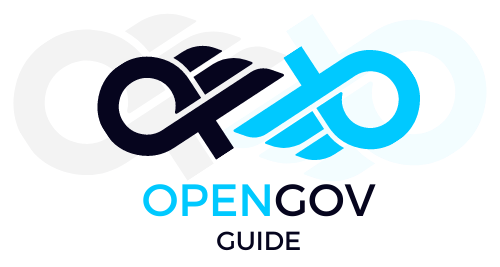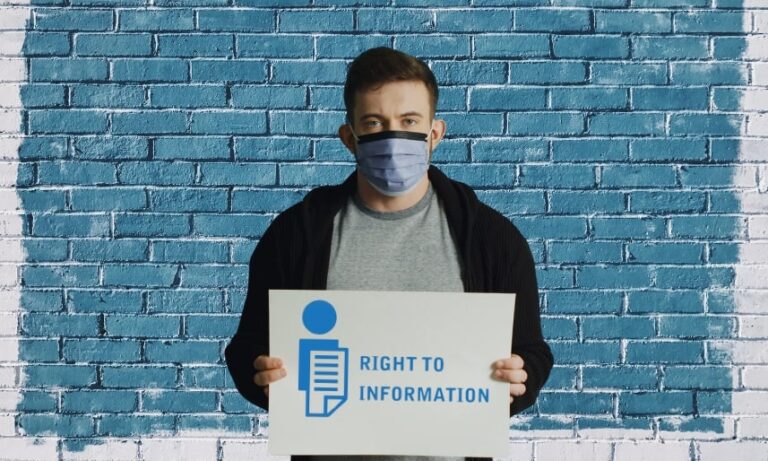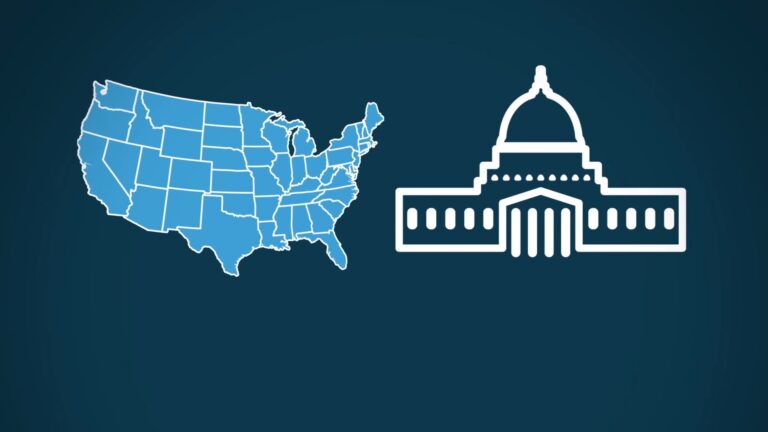Community involvement acts as the crucial foundation for transparent governance efforts, flowing through many government functions. It forms an essential bridge uniting visibility and responsibility, consequently nurturing strong democratic practices.
The Open Government Partnership acknowledges citizen engagement’s pivotal character in its membership standards, asserting that “Open leadership demands approachability regarding public involvement and input in policy development and administration – including basic freedoms for civil expression” (Open Government Partnership).
By centering the public’s role, lawful and wise leadership can emerge reflecting diverse viewpoints and priorities. This type of inclusive model builds confidence by affirming each person matters to the integrity of the whole.
Focus on Citizens’ Input in Policy-making

With ever more complexity, the public’s perspective proves invaluable for policy progress. Well-considered choices require synthesizing people’s know-how, history, views, and principles.
Tackling tough issues depends on support and faith from those governed. Lack of public insight or participation in these efforts risks swift damage to trust over time. Rather than proceeding separately, valuing community insight reinforces institutions accountable to everyday realities and priorities.
Through open exchange across perceived differences, shared hopes for equitable solutions can emerge. If provided meaningful inclusion, people prove willing to work through challenges together in good faith.
The Crucial Role of Civil Liberties

Civil liberties lay the essential groundwork that allow individuals to engage freely without fear and express differences peacefully and productively with both others and their leadership. Basic human rights, including free speech, expression, press, religion, gathering, association, and fair legal process create rich soil for a political culture where people are not only ready but also able to join public discussion.
When people know their inherent freedoms will be respected and their basic dignity upheld, they can speak up confidently to address public matters and work through disagreements constructively together. This is the hopeful, harmonious society envisioned through democratic principles – where open participation supported by civic courage becomes the norm and diversity strengthens understanding.
Beyond Elections
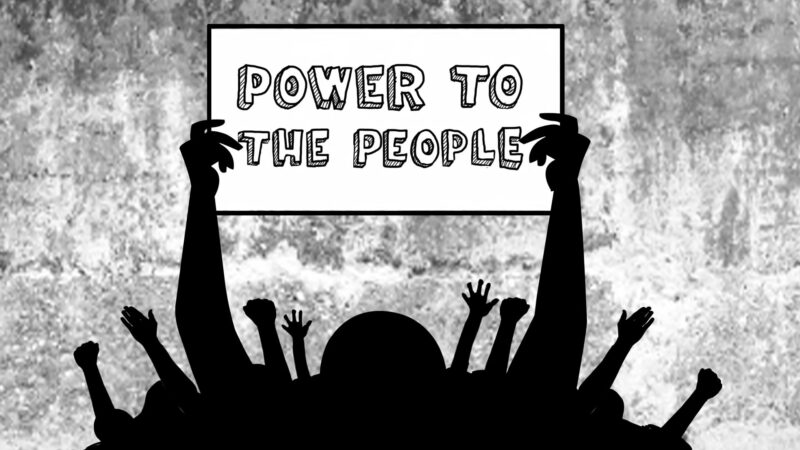
Throughout diverse communities globally, individuals consistently wish to work with their leadership beyond occasional elections. However, visible and sensed impact wielded by select political and business notables over public choices dampens the public spirit.
Therefore, meaningful citizen participation necessitates careful planning, sufficient support, and a foundation in sincerely wanting community inclusion while assimilating people’s views. Well-executed public interaction strengthens democratic function, increases governance validity, facilitates policy execution, and nurtures social advancement.
By building understanding and mitigating distrust, leaders demonstrate their focus remains on ordinary lives and priorities. Providing accessibility and listening respectfully helps surface varied yet intersecting perspectives.
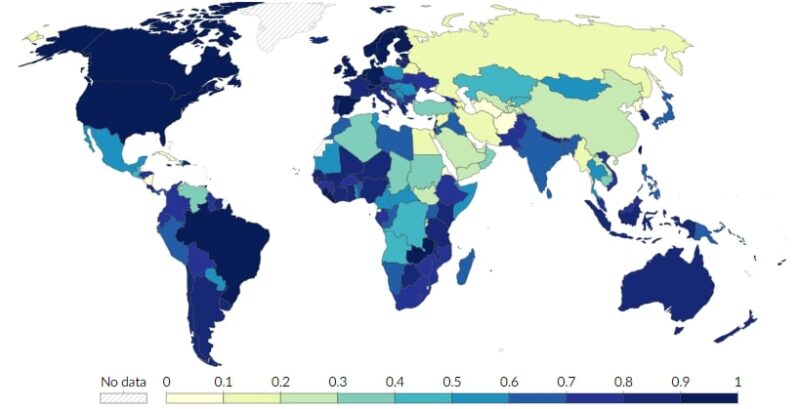
Cultivating a Shift in Government Interaction
To positively shift away from disconnect and aptly answer citizens requires a transformed view of how leadership engages and teams with people. This involves establishing stable ways to invite and weave community voices into the very fabric and ethos of public organizations.
By developing these avenues for contribution, governments can cultivate an environment welcoming to all, and attentive to the varied needs, dreams and worries of each distinctive neighborhood served. When each feels truly heard without prejudice, trust arises allowing for practical solutions uniting rather than dividing people.
Digital Platforms for Engagement
In this new era where technology shapes daily life, the impact of digital channels on public involvement cannot be understated. Online networks provide a unique way for leadership to directly connect with residents beyond the constraints of time and place, addressing common barriers.
Platforms ranging from virtual discussions, and social media accounts, to specialized online hubs furnish accessible communities for sharing perspectives, and feedback and collaborating on the legislative process. Moreover, they offer a degree of visibility not seen before, with choices, talks, and data made instantly available.
While digital avenues present tremendous promise, the government must guarantee these spaces are inviting for people of all backgrounds, straightforward to utilize, and safely guarded. Similarly, promoting computer literacy helps ensure that every community member can capably make use of these resources.
When diversity thrives online as well as off, each individual gains confidence their opinions hold worth.
Bridging the Gap
While gaining public input is worthwhile, the true challenge lies in consistently enacting changes reflecting that wisdom.
Leadership must develop distinct processes to guarantee community viewpoints are not only heard but carefully evaluated, prioritized, and acted on as well. Bridging the space between discussion and implementation demands earnest effort.
By forming feedback loops where governance reports how people’s input impacted conclusions reached and results, trust continues building. It’s not enough for voices to be noted; residences need to comprehend how their participation made a variance. This iterative work strengthens ties between public institutions and those served while validating policies better address what neighborhoods require to thrive.
Inclusive Terminology

Particular efforts are surely needed involving groups often muted due to age barriers or circumstances beyond their control, like kids, youth, migrants and refugees profoundly shaped by decisions. Their voices comprise a community’s future and deserve prioritizing now as integral members whose lifetimes will unfold within these conditions.
As times develop more intricate demands on administration and societies alike, the importance of inclusive, adaptive public participation with civil protections for all only intensifies. This compassionate, all-encompassing approach rooted in transparent administration lays the foundations for reactive leadership, thriving democracies and progress as one.
Final Words
Public participation proves far from an empty phrase but rather a chief cornerstone of leadership today. As daily life weaves together communities globally while complexities mount, the necessity of governance attentively listening, adapting, and teaming with residents takes the highest priority.
